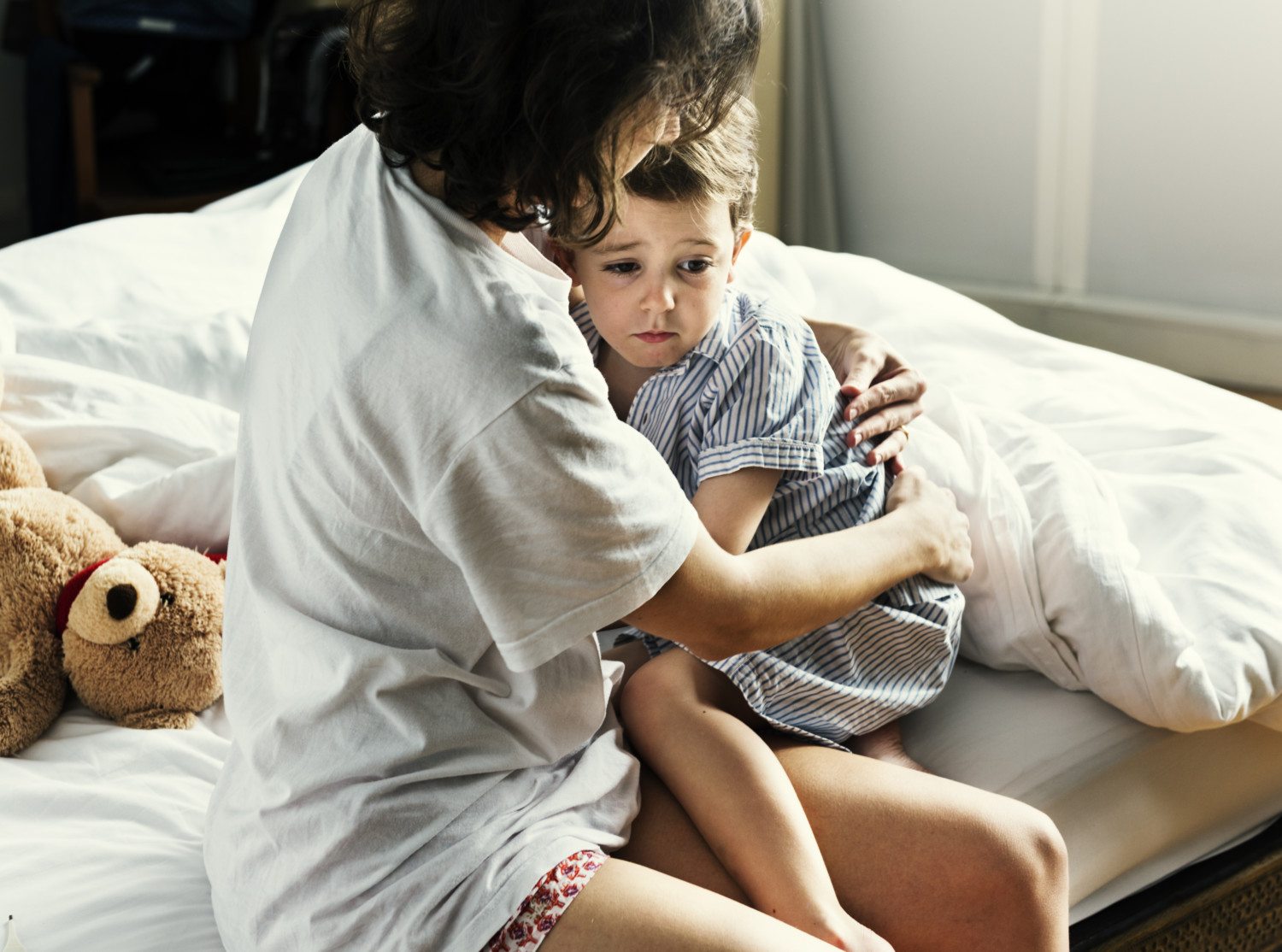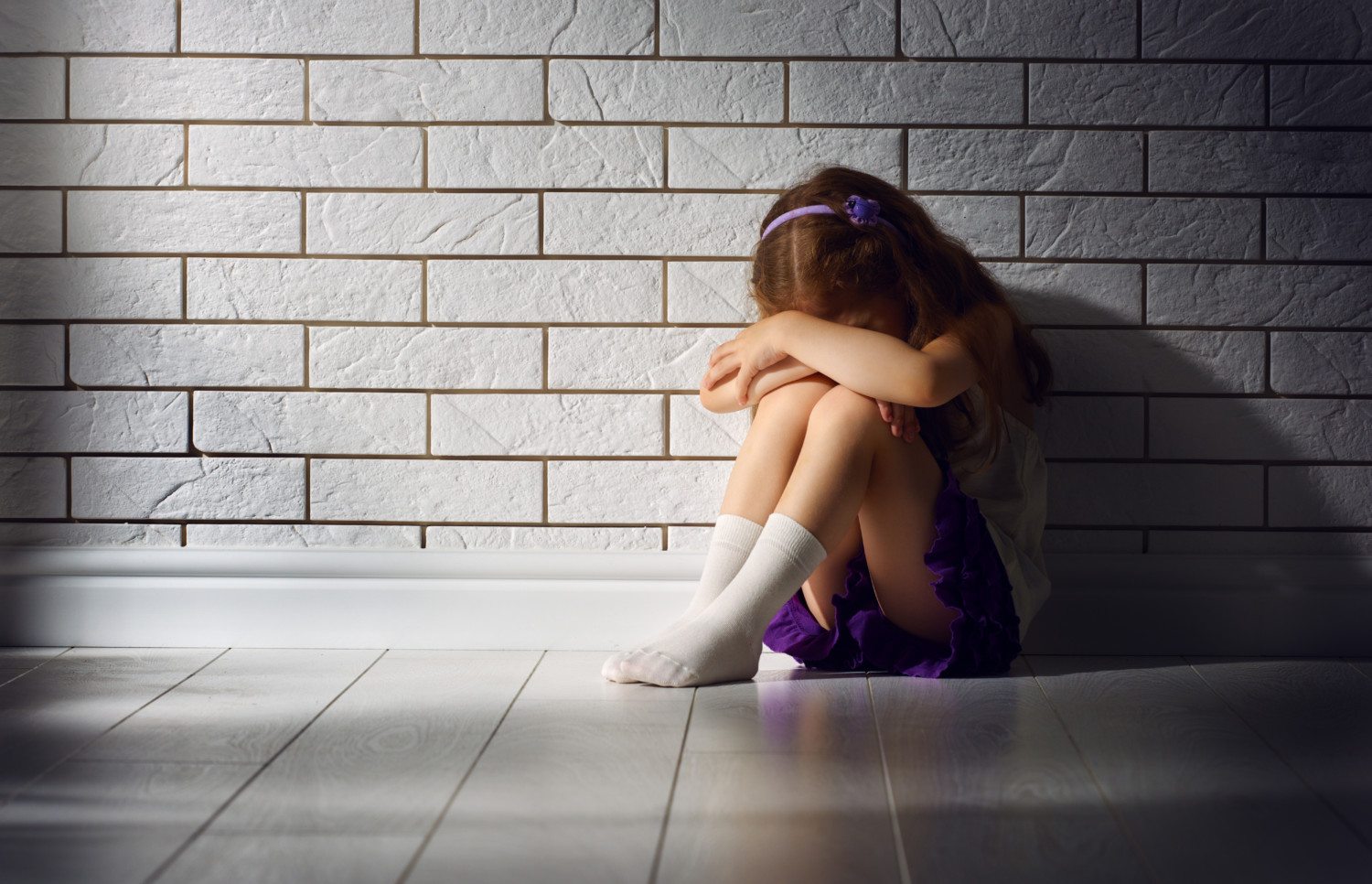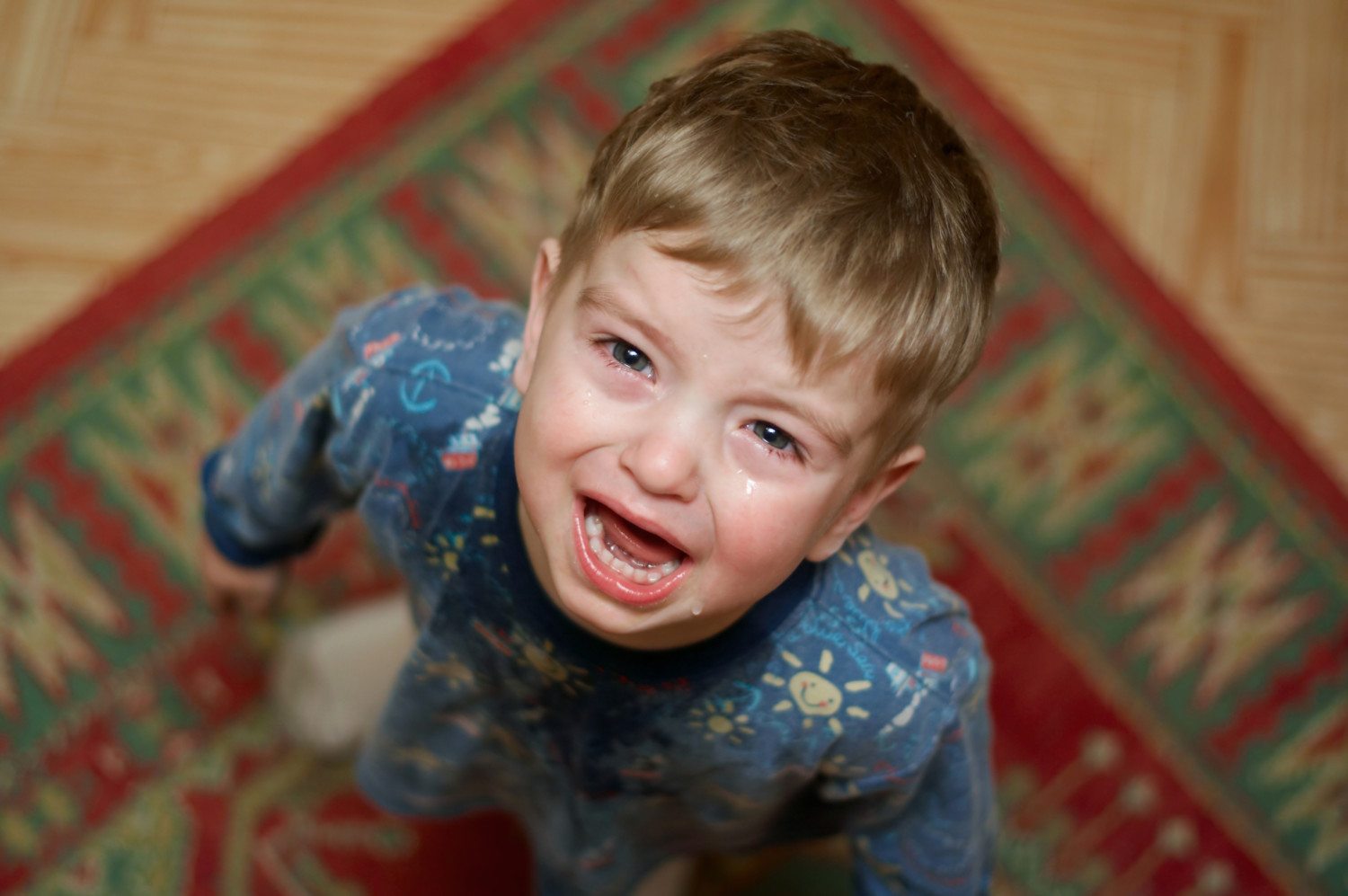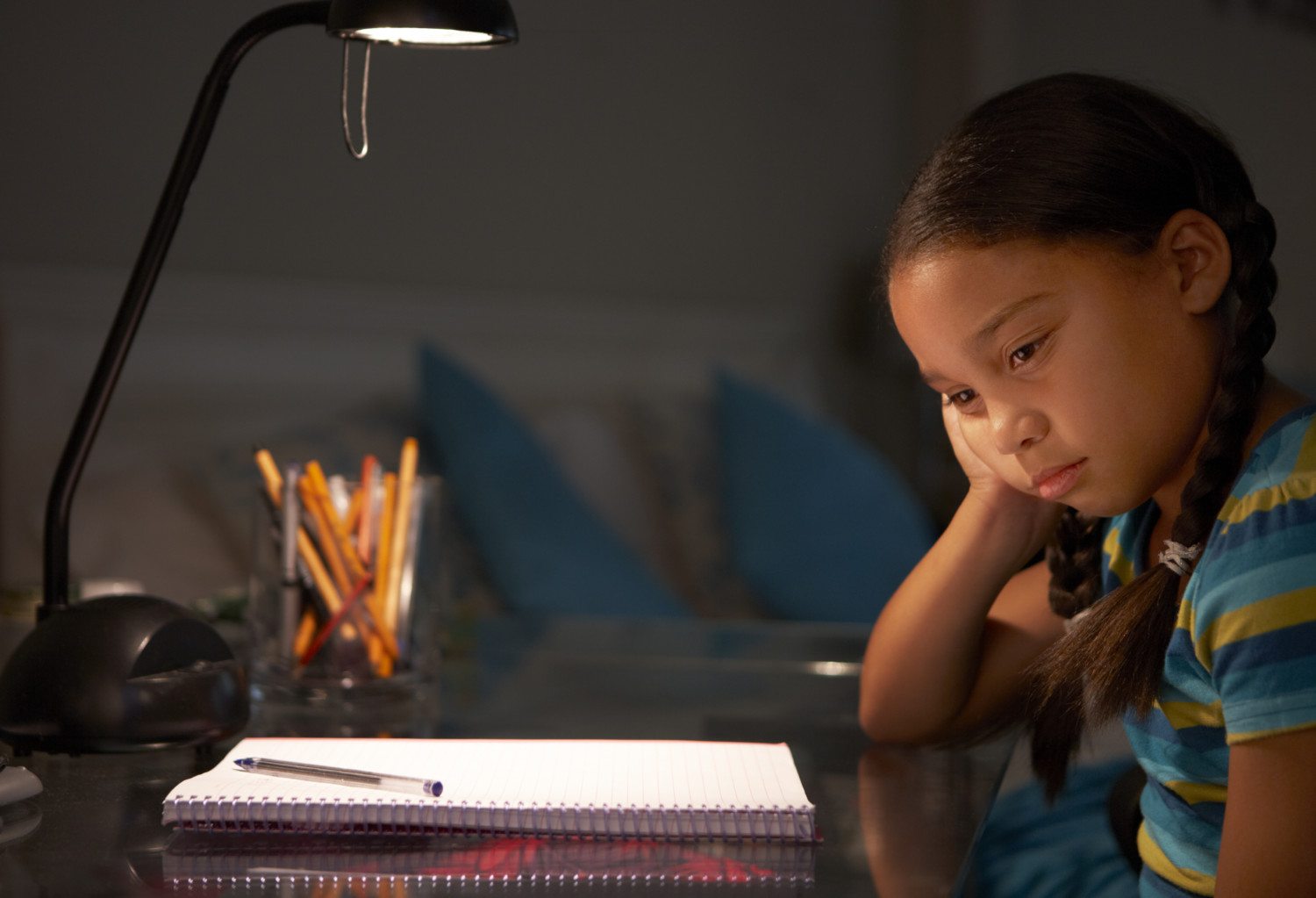Is your child struggling with anxiety? Here are the signs to look out for

All children feel nervous or worried now and then, but for some kids, anxiety can be a daily struggle. According to the Anxiety and Depression Association of America, one in eight children is affected by an anxiety disorder.
And as many as 80 percent of children with anxiety disorders do not receive treatment. Which is concerning, as kids with untreated anxiety disorders have an increased risk of poor performance in school, are more likely to miss significant social experiences and are at increased risk of substance abuse.
Fortunately, anxiety is treatable. But first, becoming familiar with the symptoms of anxiety that kids may exhibit can help you determine whether your child needs some extra help.
Physical Signs Of Anxiety
Physical symptoms that you cannot attribute to illness or other sources could be a sign of anxiety. Watch for everything from headaches, nightmares or tummy troubles to nail biting, chronic coughing or breathing troubles.
Worries And Phobias
Many kids go through phases of worrying about monsters under the bed or being afraid of the dark. But if your child has persistent exaggerated or extreme fears that interfere with playtime, school and other activities, your child might have an anxiety disorder.
Angry Outbursts
Tantrums, meltdowns and aggressive behavior may actually be a sign that your child is feeling anxious. Anxiety can cause the fight or flight response to go into overdrive, prompting uncharacteristic aggression and anger.
Rituals
Many children have routines that help them feel comfortable and safe, such as having a snack, a bath and a story before bed every night. A child with an anxiety disorder might take things a bit further with even more rigid rituals. The need to line things up “just so” or perform a task a specific number of times is a sign of anxiety.
Avoidance
Another indicator of anxiety in kids is avoidance of places or situations that may trigger fears or uneasy feelings. For example, your child might avoid answering questions in class, or they may put off an assignment until the last minute.
Supporting An Anxious Child
If you suspect your child is suffering from an anxiety disorder, talk to a trusted healthcare provider. You can also begin taking steps at home to help alleviate the stress, worry and panic your child might feel. Take steps to deal with your own anxiety if you feel it might be affecting your child. Encourage your child to try new things and accomplish tasks independently. You may also wish to incorporate some safe, natural remedies, such as essential oils or meditation.
Professional treatment can be extremely helpful for kids with anxiety disorders. Along with your assistance, attention and unconditional love, your child can overcome anxiety.
[h/t: Good Housekeeping]






